Category Identity / Privacy
We need to save (willful) ignorance from AI
Recently the psychologist Ralph Hertwig and legal scholar Christoph Engel have published an extensive taxonomy of motives for deliberate ignorance. They identified two sets of motives, in particular, that have a particular relevance to the need for ignorance in the…
Videos from the MyData 2018 conference
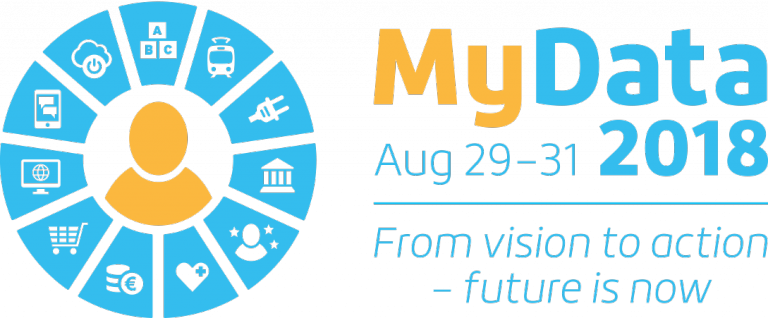
The MyData 2018 conference took place in Helsinki on August 29-31. The core idea behind the MyData movement is that we, you and I, should have an easy way to see where data about us goes, specify who can use…
Essay: On Weaponised Design

On Weaponised Design is an excellent, very well-informed essay by Cade, published in February 2018 on the Our Data Our Selves site of the Tactical Technology Collective, a Berlin-based non profit dedicated to privacy, digital security and info-activism. The lived…
[Book] The Qualified Self

The Qualified Self: Social Media and the Accounting of Everyday Life by Lee Humphreys MIT Press May 2018, 179 pages How sharing the mundane details of daily life did not start with Facebook, Twitter, and YouTube but with pocket diaries,…
Dan Hill argues for more identity, not less
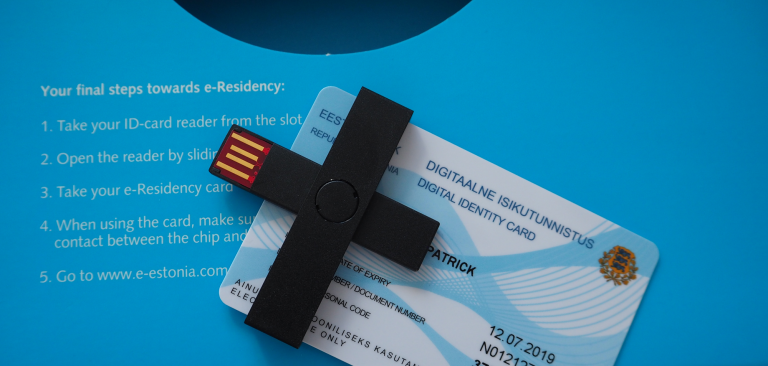
Dan Hill (Associate Director, Arup, London) reflects in a long essay on the meaning of identity in the face of Brexit and Trump and what that implies for strategic design, service design and the infrastructure of everyday life. A few…
IFTF uncovers seven new worker archetypes of the on-demand economy
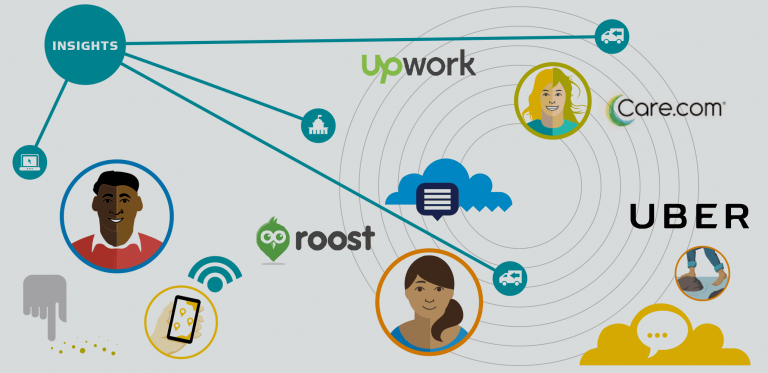
Update: Read also this Fortune Magazine review of the study (as reported by BoingBoing). Institute for the Future, the Caiifornia-based independent, nonprofit strategic research group, releases a new report aimed at gaining a deeper understanding of a new breed of…
Politicians need to commit to ethnographic research if they want to understand people

Business anthropologist Simon Roberts has campaigned hard for the “Remain” side in the UK referendum and is deeply disappointed. He now explores a topic that I too have been arguing for some time now: Politicians, political parties and those in…
New book series: Connected Youth and Digital Futures
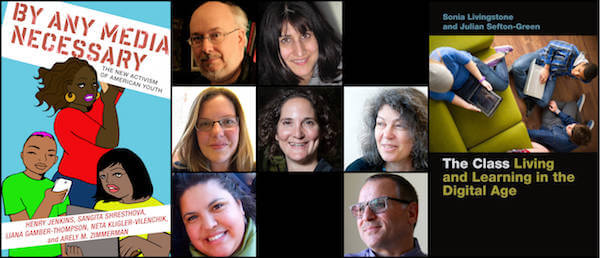
Building on research supported by the MacArthur Foundation’s Digital Media and Learning initiative, New York University Press launches Connected Youth and Digital Futures, a new series that explores young people’s day-to-day lives and futures. This series offers books – available…
Why We Post: social media through the eyes of the world

Nine UCL anthropologists spent fifteen months living in nine communities around the world, researching the role, uses and consequences of social media in people’s everyday lives. University College London just launched an enormous repository with the results of this global…
The Power of Privacy – documentary film
In this half-hour film (commissioned by The Guardian and Silent Circle), Aleks Krotoski travels the world to undergo challenges that explore our digital life in the 21st century. Watch her be stalked and hacked, fight to get leaked documents back,…
The privatization of human rights: illusions of consent, automation and neutrality
The privatization of human rights: illusions of consent, automation and neutrality by Emily Taylor Published by the Centre for International Governance Innovation and Chatham House 2016 The Internet enables the free flow of information on an unprecedented scale but to…
[Book] The People’s Platform
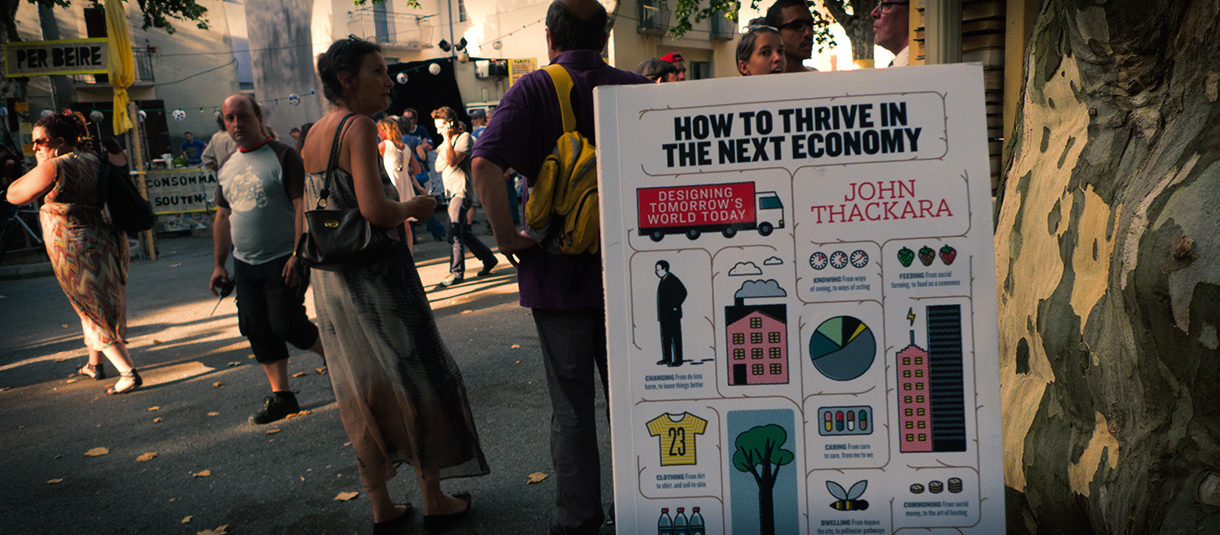
The People’s Platform: Taking Back Power and Culture in the Digital Age By Astra Taylor Picador, 288 pages April 2015 The Internet has been hailed as an unprecedented democratizing force, a place where all can participate equally. But how true…
The technophiles unhappy about the tech revolution
Joel Achenbach reports in the Washington Post on how digital dissenters say human needs are getting lost in the digital revolution and start to fight the tech establishment. Taylor is a 21st-century digital dissenter. She’s one of the many technophiles…
Ethno-writing about digital infrastructure
Data & Society is a NYC-based research institute focused on the social and cultural issues arising from data-centric technological development. The institute that was founded by danah boyd, principal researcher and Microsoft Research and frequently featured on this blog, looks…
Another book entitled “The Quantified Self”

The Quantified Self By Gina Neff and Dawn Nafus MIT Press, 264 pp. April 2016 Oops, that is confusing: two books by sociologists on the quantified self movement, both entitled “The Quantified Self” and both appearing in April 2016. The…
Interview with acclaimed social psychologist Sherry Turkle

Tim Adams has published a long interview with Sherry Turkle, MIT Professor of the Social Studies of Science and Technology, in the Observer (the Sunday edition of the Guardian). For nearly thirty years, writes Adams, she has been exploring the…
[Book] The Quantified Self
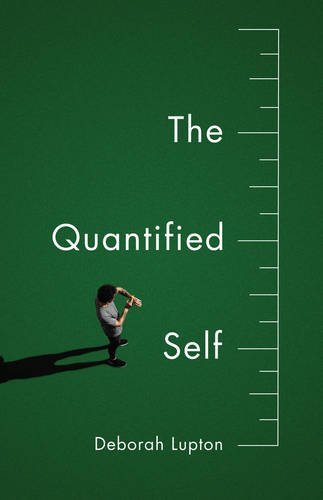
The Quantified Self – A sociology of self-tracking by Deborah Lupton Polity Press April 2016 Description With the advent of digital devices and software, self-tracking practices have gained new adherents and have spread into a wide array of social domains.…
Stop Googling. Let’s Talk.

MIT Professor Sherry Turkle has been studying the psychology of online connectivity for more than 30 years. For the past five, I’ve had a special focus: What has happened to face-to-face conversation in a world where so many people say…
Privacy is UX

UX strategist and researcher Alex Schmidt argues that in a world full of security breaches, snooping, and third-party data aggregators, you should know where your users’ data goes. In this article, she explains why it’s time we make privacy part…
